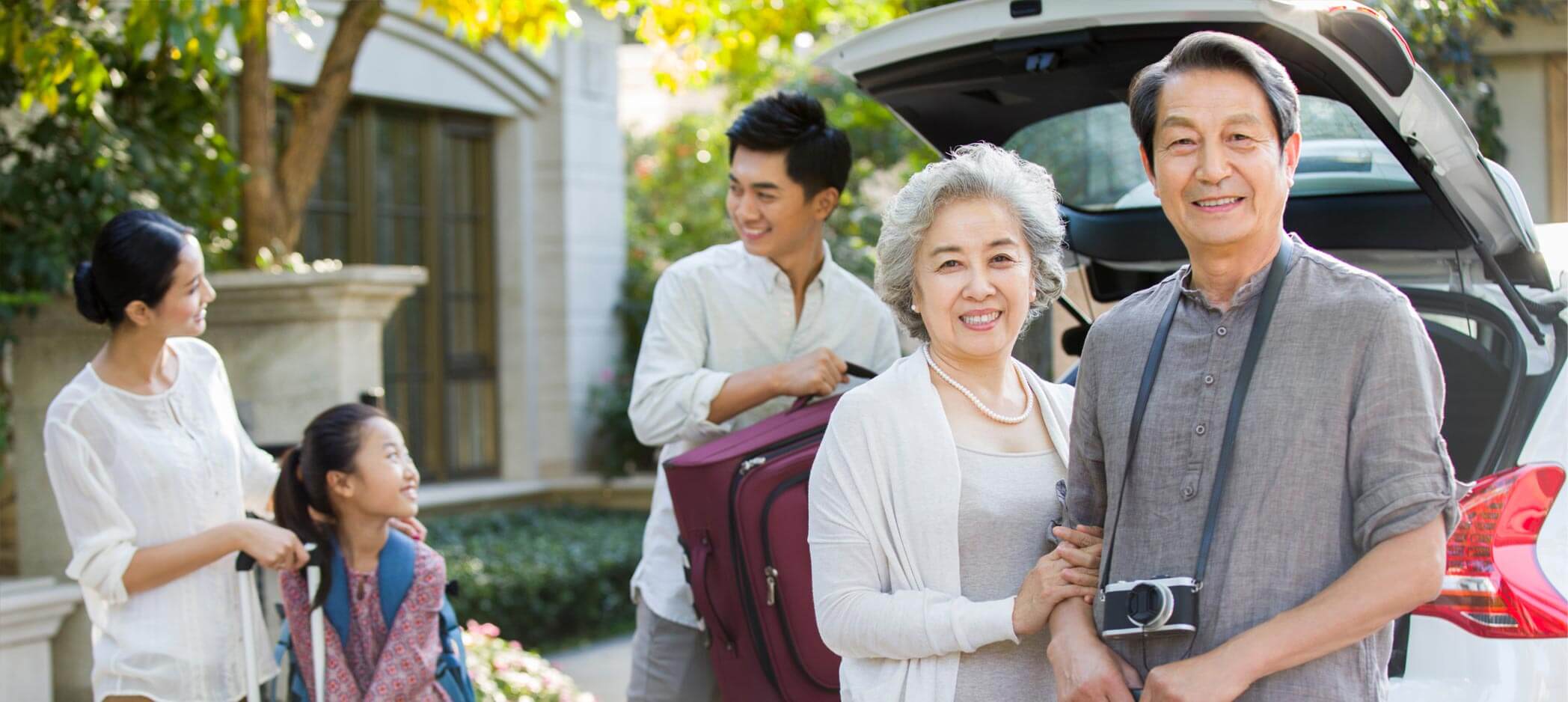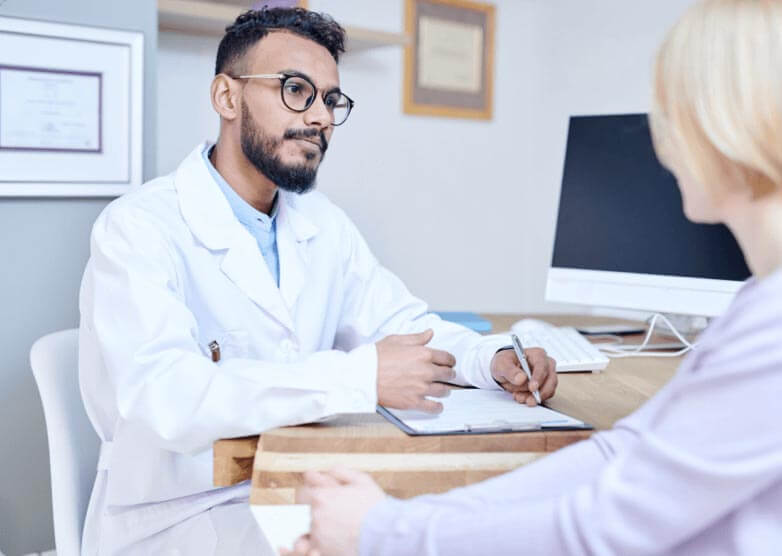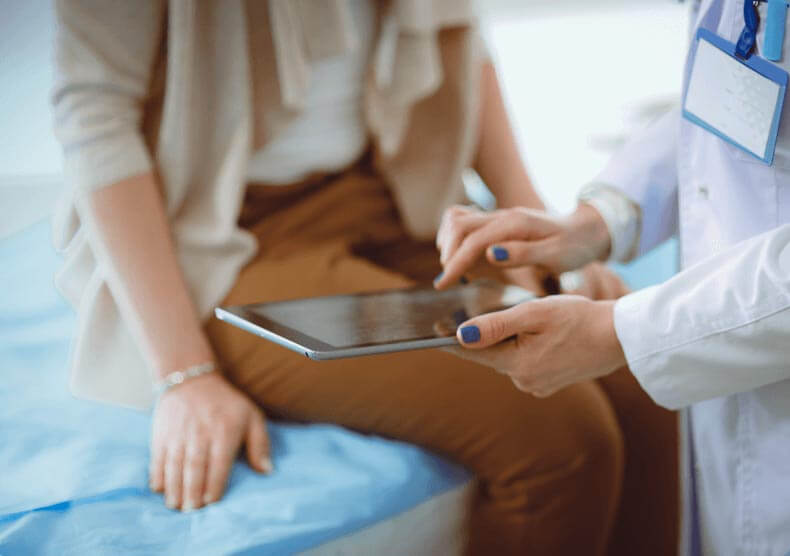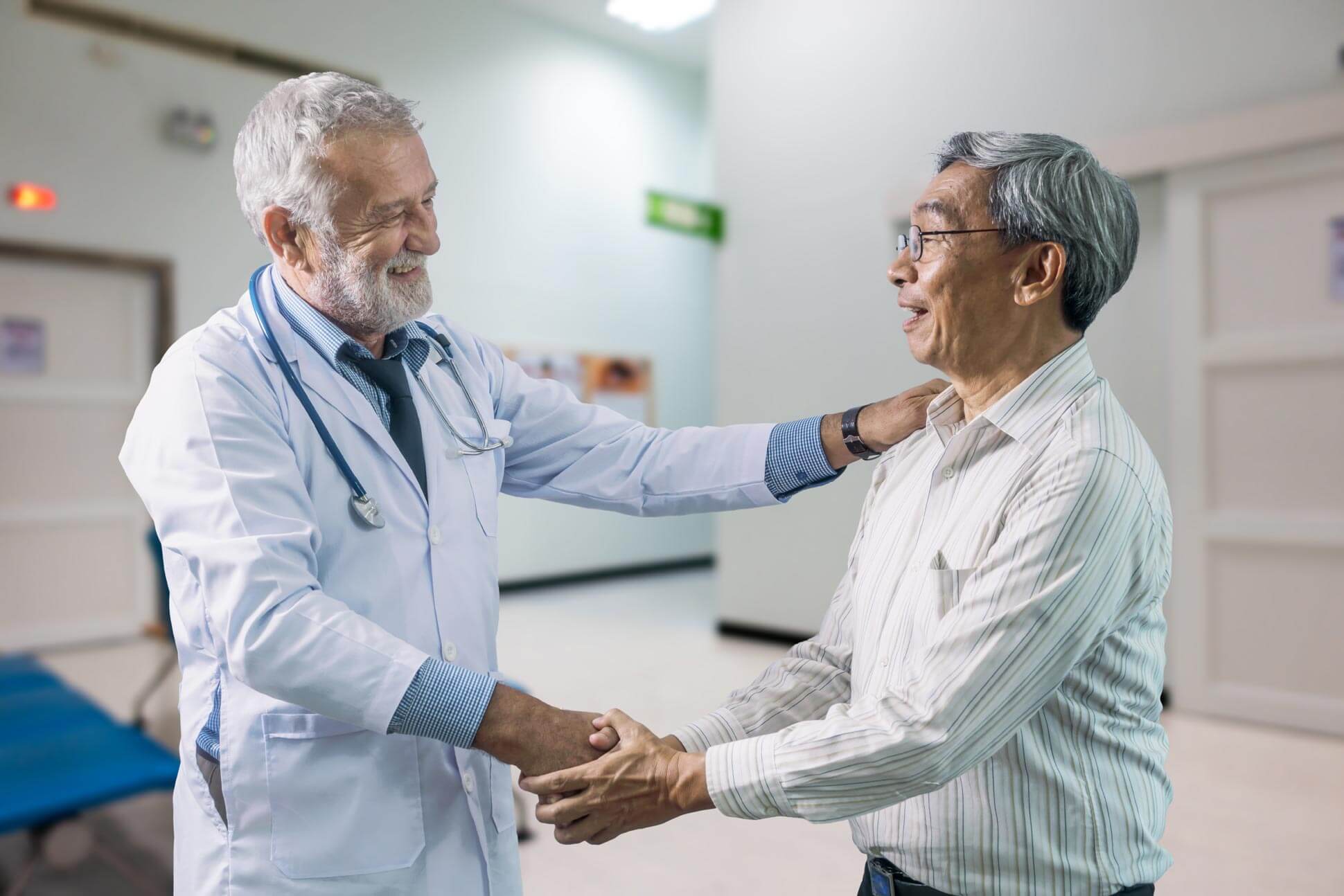
Actions to Reduce the Risk of Severe Lows
Actions You Can Take To Help Prevent Severe Low Blood Sugar

When your daily routine changes, test your blood sugar more often to track your levels.

Watch out for early warning signs of low blood sugar when your daily routine changes.
You may not notice any signs or symptoms, but if your blood sugar is less than 70 mg/dL, you need to take action to treat it.

Keep snacks with fast-acting carborhydrates with you. Fast-acting carbohydrates are in food like:
- Hard candies
- Fruit
- Glucose tablets
Treat low blood sugar before it becomes severe by following the 15-15 rule.
What is the 15-15 rule?
15 grams of carbohydrates – 15 minutes
To treat non-severe low blood sugar as soon as signs or symptoms appear:
- Eat or drink 15 grams of fast-acting carbohydrates, such as:
- Half a cup of juice
- 5-6 hard candies
- 6 large jellybeans
- 4 glucose tablets
- Avoid carbohydrates that are also high in fat, such as chocolate. These are absorbed slower and take longer to
raise your blood sugar. - After 15 minutes, if you still have symptoms or if your blood sugar is still less than 3.9 mmol/L (70 mg/dL), eat or drink another 15 grams of fast-acting carbohydrates.
- When your blood sugar starts to return to normal, eat a meal or snack to prevent another low blood sugar event
Ask Your Healthcare Provider About:

How your diabetes medicines work and how to take them correctly.
Make an emergency plan, including having glucagon (rescue medication for severe low blood sugar) on hand. Make sure your caregivers know about the signs and symptoms of low blood sugar, and how and when to administer glucagon – just in case.


Other things you can do to reduce your risk of severe low blood sugar – your healthcare provider wants to help!
Before you take short trips, such as…

TAKE YOUR GRANDCHILDREN TO THE PARK

GO TO THE MOVIES WITH YOUR FRIENDS

GO GROCERY SHOPPING
Be sure you have your emergency pack with you:
- 1Your medical ID
- 2Fast-acting carbohydrates, like hard candies or glucose tablets
- 3Your blood sugar monitor and supplies
- 4Glucagon–just in case
Before you take longer trips, such as…

TRAVEL ON AN AIRPLANE

TAKE A HIKE OR GO CAMPING

TAKE A LONG ROAD TRIP
Be sure you have your emergency pack with you:
- 1Your medical ID
- 2
All of your diabetes medicines and supplies, including your glucagon rescue medication
- 3Fast-acting carbohydrates, like hard candies or glucose tablets
- 4Your blood sugar monitor and supplies
What to Do for Low Blood Sugar Events
If you do have a low blood sugar event, use the 15-15 rule to treat it before it becomes severe.
Until your blood sugar is in the safe range, avoid:
Driving
Using heavy machinery
Any activities that could lead to a fall or injury
Review Your Knowledge
Learn More About Severe Low Blood Sugar
References
- 1O’Reilly JE, et al. Diabetologia. 2021;64(1):S1-S380.
- 2EASD 2021 (European Association for the Study of Diabetes), September 27-October 1, 2021; Virtual; Day #2 Highlights.
- 3Kedia N. Diabetes Metab Syndr Obes. 2011;4:337-346.
- 4Lammert M, et al. J Med Econ. 2009;12(4):269-280.
- 5American Diabetes Association. Diabetes Care. 2021;44(1):S73-S84.
- 6Lipska KJ, et al. Diabetes Care. 2013;36(11):3535-3542.
- 7Frier BM. Nat Rev Endocrinol. 2014;10(12):711-722.
- 8Kovatchev B, et al. Diabetes Care. 2016;39:502-510.
- 9American Diabetes Association. Hypoglycemia (low blood sugar). https://www.diabetes.org/healthy-living/medicationtreatments/blood-glucose-testing-and-control/hypoglycemia. Accessed November 1, 2021.
- 10Cox DJ, et al. Diabetes Spectr. 2006;19(1):43-49








